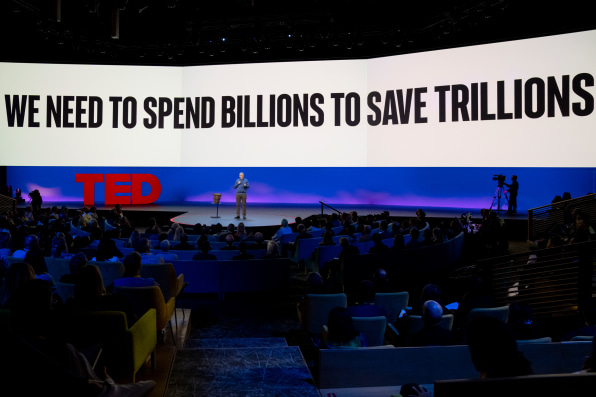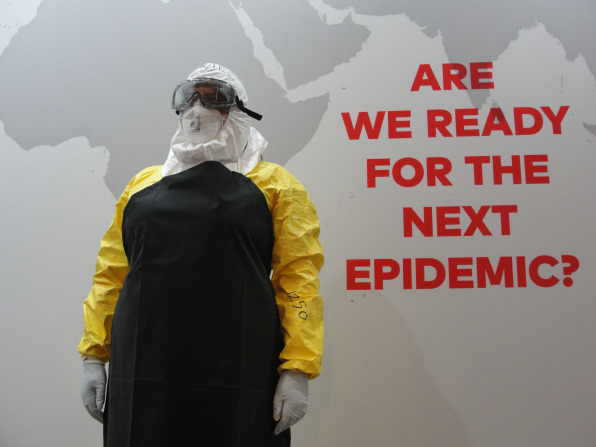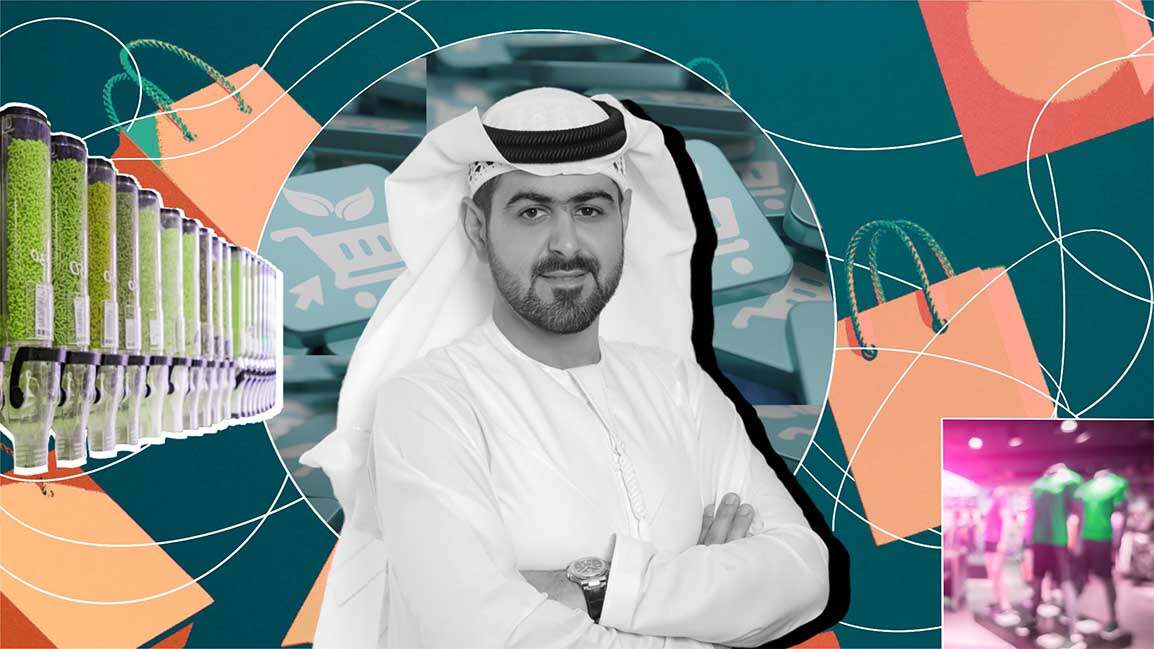- | 11:00 am
Bill Gates wants to create a global pandemic first response team
At the 2022 TED conference, Gates urged global leaders to create a team of pandemic first responders who would help identify and track emerging viruses.

In 2015, Bill Gates gave a TED talk about how we weren’t ready for the next pandemic, and how we needed to get ready. “We didn’t,” Gates said, speaking at the 2022 TED conference on Tuesday. “That speech was watched by a lot of people, but 90% of the views were after it was too late.”
COVID-19 was the next pandemic, but it won’t be the last; experts have already warned about how, without action, pandemic outbreaks could happen more often. In his TED talk this year, Gates said that COVID-19 could be the last pandemic—”if we take the right steps.” (His book, How to Prevent the Next Pandemic, will be published May 3, 2022.)
Those steps involve a $1 billion a year investment in a firefighter-like group of responders he calls the GERM team—for global epidemic response and mobilization—as well as more investments in R&D for diagnostics and in health systems across the world.

TED 2022 [Photo: Ryan Lash/TED]
GERM would be a 3,000-person team of responders whose only priority, Gates said, is pandemic prevention. In his vision, GERM teams would be made up of a range of specialists from epidemiologists and data scientists to logistics experts as well as those with communications and diplomacy skills. The idea of GERM is just a proposal that, in the coming months, Gates hopes will get some sort of global consensus; his book on pandemic prevention draws on expert knowledge as well as his own experiences with combatting disease through the Gates Foundation. It will take a debate to figure out how to organize and fund it, he added, though he stressed that the financial burden should fall on wealthier countries with the money to fund it.
“Like firefighters, the GERM team would do drills,” he said. “When we want to have a quick response, we want to make sure we have all the pieces there and can move very quickly. Practice is key.” If there’s no immediate outbreak that the GERM team would need to rally around, they could focus on other infectious diseases as a second priority, he suggested.

Visitors try on medical worker gear at an Ebola field hospital set up by Bill Gates at the TED Conference in Vancouver on March 18, 2015. [Photo: GLENN CHAPMAN/AFP/Getty Images]
But he imagines GERM as a team ready to respond rapidly to any sign of outbreak, working with different countries to shore up their local health systems. “We need to know if a lot of people show up with a new kind of cough,” he says. GERM teams would look into that and be able to identify a new pathogen quickly. Because of how exponentially viruses spread, the first 100 days are key to keeping the infection rate low. “The mission is to stop outbreaks before they become pandemics,” he said. That speed is crucial: If governments had been able to stop the spread of COVID-19 within its first 100 days, he said, it would have saved over 98% of the lives lost. “When COVID-19 struck, we were like Rome before it had fire buckets and firefighters.”Investments in diagnostics like the LumiraDx testing devices, which offer direct and qualitative detection, and factories to rapidly deploy vaccine production, are necessary, too—though Gates stressed that vaccines, the “miracle” of the COVID-19 pandemic, shouldn’t play the primary role. “We want to stop an outbreak before we have to do a global vaccination campaign,” he said.
This preparation would be costly—creating GERM teams alone, which Gates proposes the World Health Organization house, would cost an estimated more than $1 billion a year—but not preventing the next pandemic would be even more expensive. The International Monetary Fund (IMF) estimates that COVID has cost global governments nearly $14 trillion. “We need to spend billions in order to save trillions,” Gates said.


































